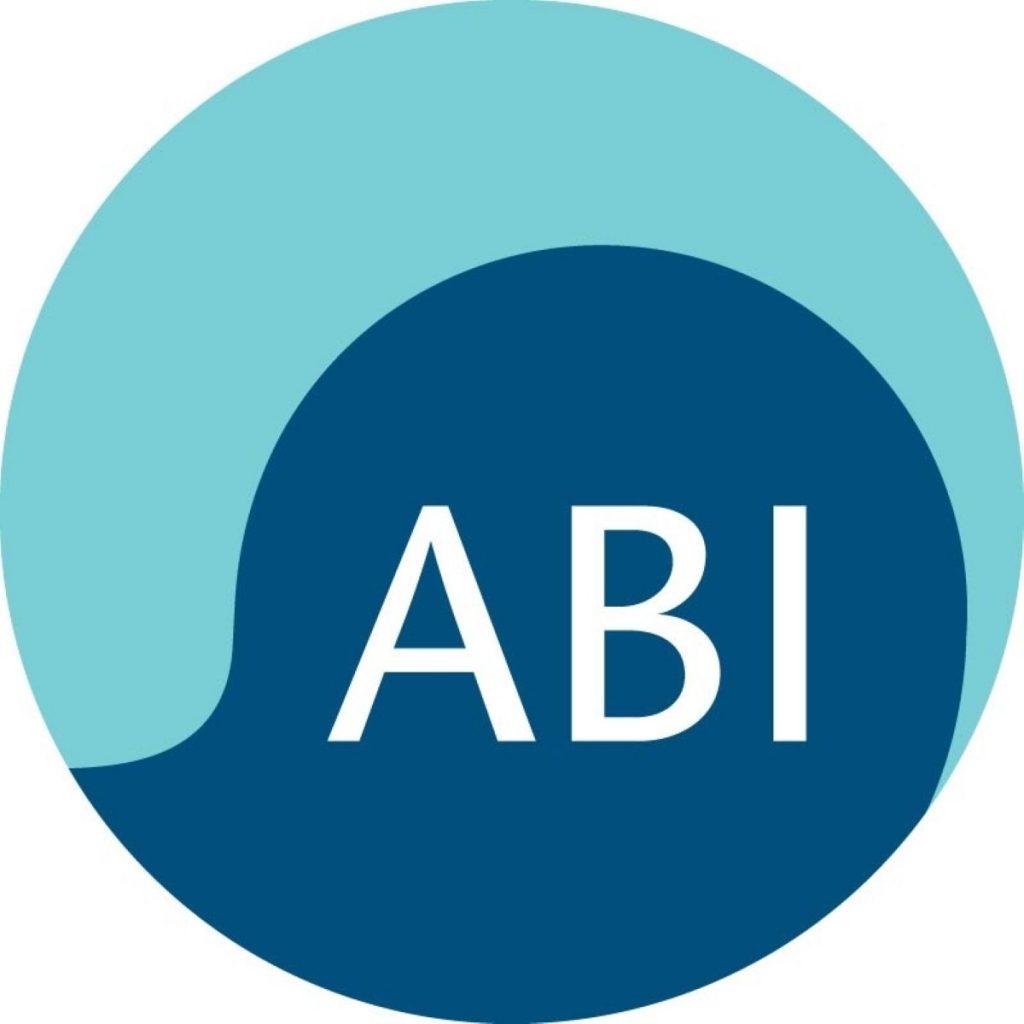ABI: Rising global temperatures will put the heat on insurance as flood costs rise
A rise in global temperatures could lead to more expensive and harder to obtain property insurance in the UK and throughout the world, according to a new report published today by the ABI. In the UK, predicted temperature changes could increase significantly the insured cost of flood damage. The cost of windstorm damage is also likely to increase.
The Financial Risks of Climate Change was produced for the ABI by climate catastrophe risk modelling experts AIR Worldwide Corporation and the Met Office. Using current climate and insurance catastrophe models, it examines the financial implications of the widely predicted temperature increases of two, four and six degrees Celsius on the insured cost of flood and windstorm damage in the UK, and of typhoons in China.
The study highlights that:
. In the UK, the average annual insured losses from river flooding and flash floods could rise by 14% to £633 million, based on a four-degree rise in global temperatures which could occur as early as 2060. The average annual windstorm losses could rise by 25% to £827 million, due to changes in ‘storm tracks’, along which cyclones travel.
. The insured cost of extreme flood losses occurring on average once every 100 years in Great Britain could rise by 30% to £5.4 billion. The costs of windstorms occurring on average once every 100 years could rise by 14% to £7.3 billion.
. Wales and the south west region of the UK could be most badly affected. In the south west, average annual flood and wind damage insured losses could rise by 29% and 24% respectively.
. In China, average annual insured losses from typhoons could jump by 32% to £345 million, based on a global temperature rise of four degrees.
Nick Starling, the ABI’s Director of General Insurance and Health, said:
“These findings have serious implications for insurers, householders, businesses and governments. The continued widespread availability of property insurance in the future depends on taking action now to manage the threats of climate change.
“A two-degree temperature rise may be inevitable, but we can limit further increases. The clear message to world leaders meeting at the UN’s Copenhagen Climate Change Summit in December is that they must reach agreement on ambitious emission reduction targets. And, closer to home, the UK Government needs to push ahead with the Flood and Water Management Bill, and ensure long-term investment in flood management as a priority, so that the long-term flood risk is better managed.”
– ENDS –
Notes for Editors
1. Enquiries to:
Jonathan French 020 7216 7392 (Mobile: 07958 330 480)
Malcolm Tarling 020 7216 7410 (Mobile: 07776 147 667)
Erfan Hussain 020 7216 7411 (Mobile: 07712 841 184)
Kelly Ostler-Coyle 020 7216 7415 (Mobile: 07968 364 302)
2. Attached is a copy of ‘Assessing the Risks of Climate Change: Financial Implications’. Full details of the research are on: www.abi.org.uk
3. AIR Worldwide is the scientific leader and most respected provider of risk modelling software and consulting services. AIR founded the catastrophe modelling industry in 1987 and today models the risk from natural catastrophes and terrorism in more than 50 countries.
4. The Met Office Hadley Centre is the UK’s foremost centre for climate change research. Mainly funded by DECC (the Department of Energy and Climate Change) and Defra (the Department for Environment, Food and Rural Affairs), it provides information and advice to the UK Government on climate change issues. More information about the financial risks of climate change can be found on: http://www.metoffice.gov.uk/insurance/abi-report.html
5. The ABI is the voice of the insurance and investment industry. Its members constitute over 90 per cent of the insurance market in the UK and 20 per cent across the EU. They control assets equivalent to a quarter of the UK’s capital. They are the risk managers of the UK’s economy and society. Through the ABI their voice is heard in Government and in public debate on insurance, savings and investment matters.
6. An ISDN line is available for broadcasts.
7. More news and information from the ABI is available on our web site, www.abi.org.uk.





-01.png)